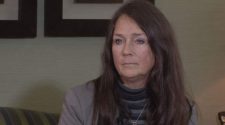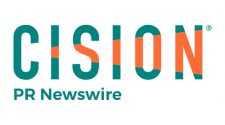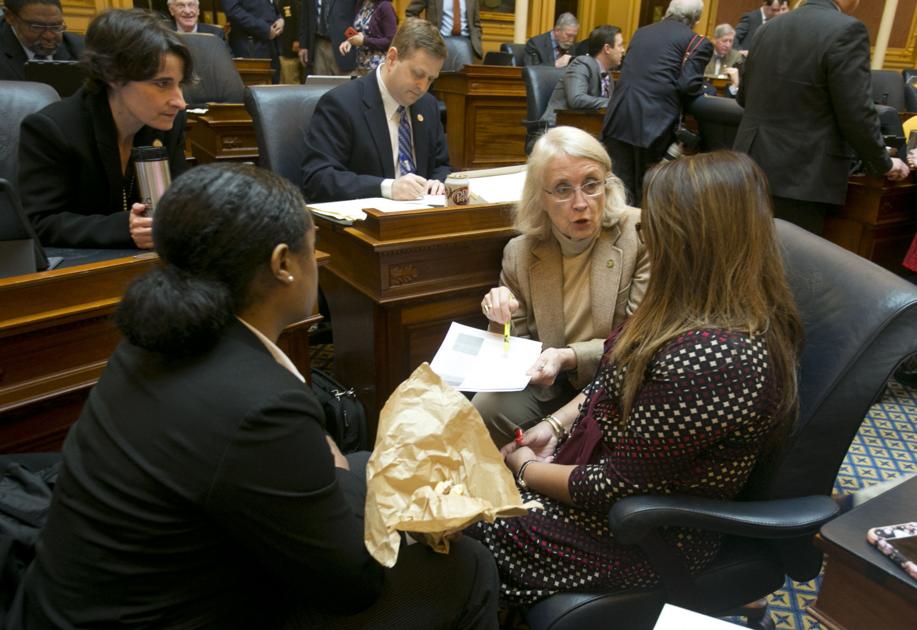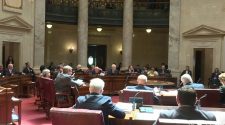(The Center Square) – Virginia businesses would see a tax break on expenses under a substitute version of a bill that passed the House of Delegates on Friday, but that break is smaller than the one that passed the Senate on Thursday.
House Bill 1935, sponsored by Del. Vivian Watts, D-Annandale, would allow businesses to take a state tax deduction on $25,000 worth of spending with money used through the Paycheck Protection Program (PPP). The Senate passed a similar version of legislation, but would allow businesses to take a state-level tax deduction on up to $100,000 worth of spending from this program.
The federal government offered PPP loans to help businesses maintain their payroll during the COVID-19 pandemic when many saw revenue losses. Businesses that used the money for their prescribed purpose did not have to pay them back. In December, former President Donald Trump signed Congress-passed legislation to make all expenses made with this money tax deductible. Because Virginia is a state that does not automatically conform the state tax code with the federal code, the same deduction was not automatic for state taxes.
Although tax conformity is usually a routine matter, Democratic lawmakers have said they are in a unique year and the financial stress on the state does not allow full conformity.
In a floor speech, Watts said the House version of the legislation would save businesses about $38 million and the Senate version would save businesses up to $130 million. She said her version of the bill focuses on small businesses, but the Senate version would include breaks for larger businesses that received more money.
Republicans speaking on the House floor expressed strong disagreement. Del. Joe McNamara, R-Roanoke County, said the break will not benefit all small businesses, but only microbusineses who had to take out very small loans.
Del. Kirk Cox, R-Colonial Heights, echoed similar concerns, saying these federal loans were not used to line the pockets of businessmen, but rather used to keep workers employed. He said he would much rather let businesses keep the money for additional expenses during this economic uncertainty, rather than give it to the state government, which is in a better financial position than was anticipated.
Members of the business community expressed support for the Senate version of the legislation and opposition to the smaller break provided in the House bill.
“Small business owners were desperate when they took these federal loans after losing large amounts of revenue due to state-mandated shutdowns and restrictions,” Nicole Riley, the Virginia state director for the National Association of Individual Business, said in a statement. The NFIB is the largest small business association in the country.
“They followed all the rules set by Congress to keep their employees paid and off unemployment, so at the federal level the loans were forgiven and all related expenses were deductible,” Riley said. “Now, almost a year later, when so many small businesses are still struggling to stay afloat, setting a higher cap on deductions will help them recover and prevent more business closures.”
The Senate version passed with unanimous support from both parties, but the House version passed on a partisan vote with support from Democrats and opposition from Republicans.
Gov. Ralph Northam’s administration has been opposed to providing any additional relief to businesses through expanding deductibility options for these expenses.
The House version will now have to go to the Senate for consideration and the Senate version to the House for consideration. When the two chambers fail to reach an agreement, a compromise is settled through a joint conference committee with lawmakers from both chambers.
















